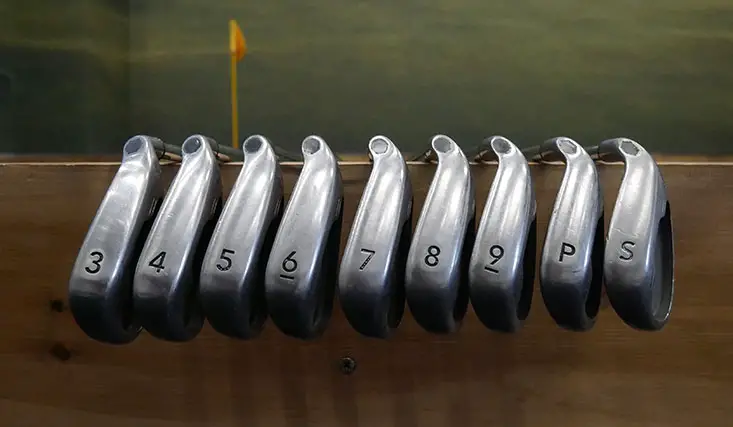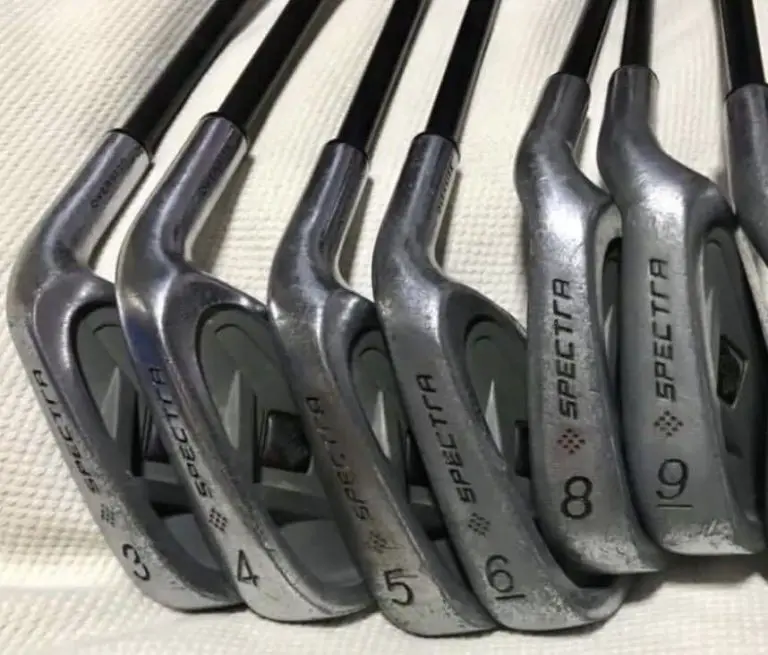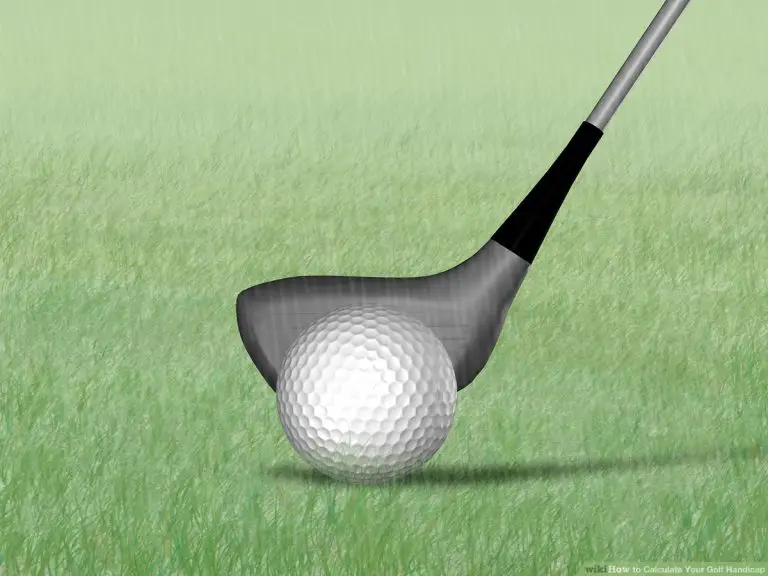What Is A Rescue Club
Golf is a sport that captivates enthusiasts with its elegance, precision, and strategic elements. From weekend warriors to professional players, golfers constantly seek new ways to challenge themselves and improve their skills on the course. One format that has gained popularity among golfers is the ringer in golf. But what exactly is a ringer in golf, and how does it add excitement to the game?
In this comprehensive guide, we will unravel the world of ringer competitions and explore what it means to be a ringer in golf. Whether you’re a seasoned golfer or just starting your golfing journey, understanding the intricacies of this format can elevate your game and provide a fresh perspective on scoring.
A ringer in golf refers to a scoring format or competition that measures a golfer’s performance over a designated period of time. The objective is to achieve the lowest score on each hole and replace each hole’s score with the golfer’s best score achieved during the designated period. This unique format challenges golfers to showcase their consistency and skill by striving for the lowest cumulative score possible.
Join us as we delve into the world of ringer competitions. We will explore the rules, strategies, tracking methods, and benefits of participating in ringer competitions. Discover how ringer competitions can enhance your golfing experience, help you measure your progress, and provide a thrilling avenue to test your skills. Let’s uncover the secrets of being a ringer in golf and embark on a journey of scoring excellence.

Understanding the Ringer Format
To fully grasp the concept of a ringer in golf, we need to understand the format itself. We will explore how ringer competitions work, their objectives, and the rules that govern them.
Scoring and Tracking Your Ringer Score
A crucial aspect of ringer competitions is the scoring system. We will dive into what a ringer score is, how it is calculated, and methods for accurately tracking your progress throughout the competition.
Strategies and Techniques for Ringer Competitions
Achieving success in ringer competitions requires effective strategies and techniques. We will discuss course management, consistency, execution, and the importance of a strong short game. Additionally, we will explore the mental game and how it plays a significant role in performing under pressure.
Benefits and Enjoyment of Ringer Competitions
Ringer competitions offer unique benefits and enjoyment for golfers of all levels. We will delve into the personal improvement aspect, the sense of community fostered during ringer competitions, and the lasting memories and experiences they create.
Ringer Competitions for Various Skill Levels
Ringer competitions cater to golfers of different skill levels. We will explore how beginners, intermediate players, and advanced golfers can engage in ringer competitions suited to their abilities.
Tracking Progress and Setting Goals
To make the most of ringer competitions, tracking progress and setting goals are essential. We will discuss the importance of measuring improvement, setting achievable goals, and tips for continuous growth.
Tools and Technology for Ringer Competitions
In the digital age, there are various tools and technologies available to enhance ringer competitions. We will explore digital scorekeeping apps, golf handicap calculators, and the analysis of performance metrics.
Etiquette and Sportsmanship in Ringer Competitions
As with any golf competition, etiquette and sportsmanship are vital. We will emphasize the importance of respecting the rules, displaying good sportsmanship, and celebrating achievements while supporting fellow golfers.
Conclusion
In conclusion, ringer competitions bring an exciting twist to the traditional game of golf. By understanding the rules, tracking your progress, and employing effective strategies, you can enhance your golfing experience and measure your improvement. Whether you’re a seasoned golfer seeking new challenges or a beginner looking to test your skills, ringer competitions provide a unique opportunity to push your boundaries and elevate your game. Embrace the ringer format, embrace the challenge, and enjoy the journey to becoming the best golfer you can be.





